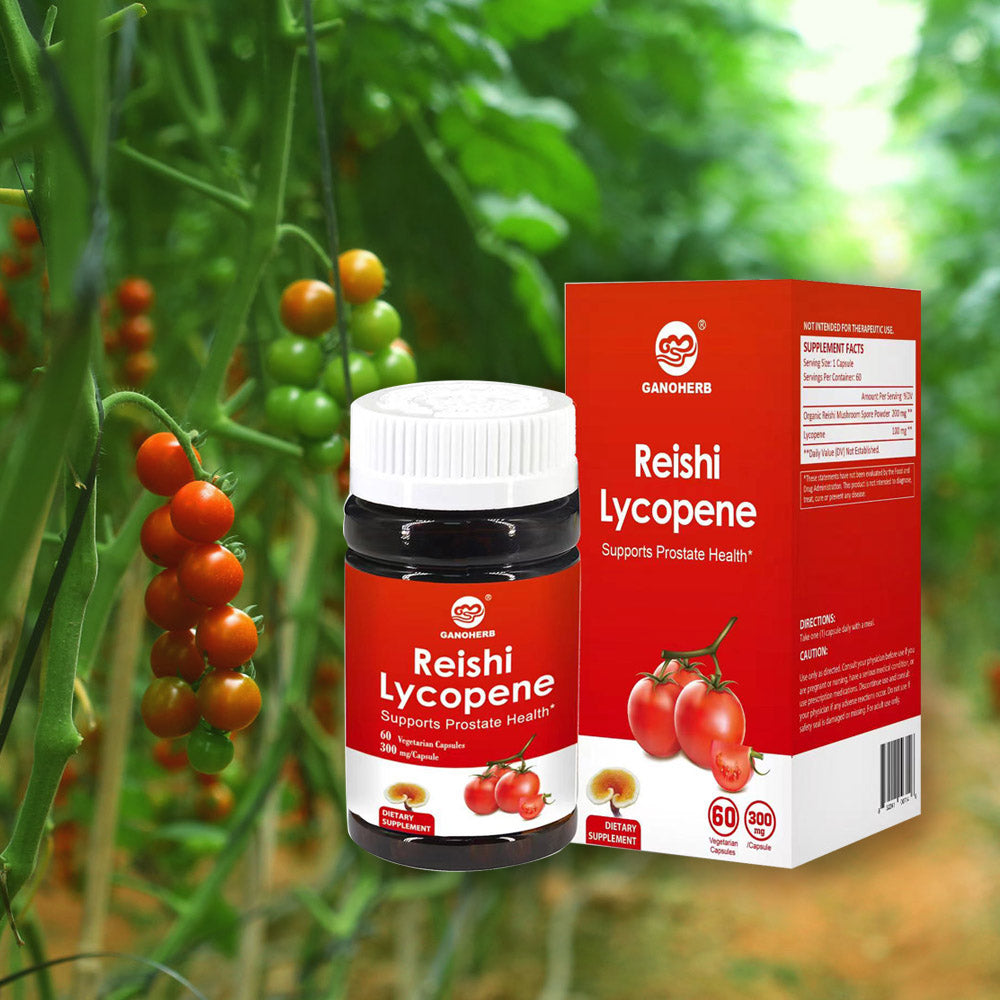5 Fascinating Facts About Adaptogenic Mushroom Coffee You Should Know
If you’ve been curious about the buzz surrounding adaptogenic mushroom coffee, you’re not alone. This unique beverage has captured attention in wellness circles and beyond, blending the rich, familiar taste of coffee with the intriguing qualities of adaptogenic mushrooms. But what exactly is it, and why is it becoming a staple for many? In this article, we’ll dive into five key aspects of adaptogenic mushroom coffee that go beyond the usual talk, focusing on its composition, origins, preparation, sensory appeal, and cultural resonance. Whether you’re a coffee enthusiast or simply exploring new trends, this guide will provide a fresh perspective without overhyping claims. Let’s get started!

What Is Adaptogenic Mushroom Coffee?
Adaptogenic mushroom coffee is a blend that combines traditional coffee beans with extracts from adaptogenic mushrooms. These mushrooms, such as reishi and chaga, are known for their historical use in various cultural practices, but in this context, they’re integrated into a daily beverage for their unique properties. The term adaptogenic refers to a category of natural substances that are often used to support balance in the body, but in this discussion, we’ll focus on the blend itself rather than any outcomes. Typically, adaptogenic mushroom coffee is prepared similarly to regular coffee, often available as instant powders, ground mixes, or capsules. It’s designed to offer a alternative to standard coffee, with a distinct flavor profile and texture that sets it apart. Many people enjoy it as part of their morning routine, appreciating how it fits into a modern lifestyle. As you explore adaptogenic mushroom coffee, you’ll notice it’s not just about the caffeine kick—it’s about the synergy between coffee and mushrooms that creates a unique drinking experience.
The Historical Roots of Mushroom-Infused Beverages
The concept of incorporating mushrooms into drinks isn’t new; it dates back centuries in various cultures where mushrooms were valued for their symbolic and practical roles. For instance, in ancient traditions, mushrooms like reishi were often referred to in folklore and ceremonial contexts, though we’re steering clear of any health-related narratives here. Adaptogenic mushroom coffee draws inspiration from these historical practices, evolving into a contemporary version that resonates with today’s consumers. Initially, mushroom-based beverages were consumed in teas or tonics, but the fusion with coffee emerged more recently as a way to blend tradition with modern tastes. This evolution reflects a broader trend of revisiting ancestral wisdom in food and drink innovations. By understanding the background of adaptogenic mushroom coffee, you can appreciate how it bridges past and present, offering a nod to history while fitting seamlessly into today’s fast-paced world.
How Adaptogenic Mushroom Coffee Is Produced
The production process of adaptogenic mushroom coffee involves several steps that ensure a high-quality blend. First, coffee beans are sourced and roasted to perfection, much like in conventional coffee making. Then, adaptogenic mushrooms are harvested, dried, and extracted to form a concentrated powder or liquid. This extraction method is crucial because it preserves the mushrooms’ characteristics without altering their natural composition. Next, the coffee and mushroom extracts are carefully blended in specific ratios to achieve a consistent product. Manufacturers often use techniques like freeze-drying or grinding to maintain freshness and potency. The result is a versatile product that can be brewed in various ways, from drip coffee makers to espresso machines. When you try adaptogenic mushroom coffee, you’re experiencing a crafted beverage that emphasizes quality and attention to detail, making it a standout choice for those who value artisanal production methods.
The Flavor and Aroma Profile of This Unique Blend
One of the most talked-about aspects of adaptogenic mushroom coffee is its distinct flavor and aroma. Unlike regular coffee, which might have a straightforward bitter or acidic note, this blend introduces earthy, umami undertones from the mushrooms. The coffee base provides a robust, familiar taste, while the adaptogenic mushrooms add a subtle depth that can range from mildly woody to slightly sweet, depending on the mushroom variety used. For example, reishi might contribute a bitter edge that complements dark roasts, whereas chaga could offer a smoother, more neutral flavor. The aroma is often described as rich and inviting, with hints of forest-like scents that enhance the overall sensory experience. Many users find that adaptogenic mushroom coffee has a smoother finish compared to traditional coffee, making it appealing for those who prefer less acidity. Whether you drink it black or with additions, the flavor profile of adaptogenic mushroom coffee is a key reason why it’s gaining a loyal following.

Why Adaptogenic Mushroom Coffee Is Trending Now
In recent years, adaptogenic mushroom coffee has seen a surge in popularity, driven by factors like increased interest in functional foods and a desire for variety in daily routines. Social media and wellness influencers have played a role in highlighting this beverage, often showcasing it as a trendy alternative to standard coffee. Additionally, the rise of mindful consumption has led people to seek out products that align with a balanced lifestyle, and adaptogenic mushroom coffee fits this niche perfectly. Its appeal also stems from the curiosity around novel ingredients—many are drawn to the idea of trying something that combines the comfort of coffee with the intrigue of mushrooms. As more brands enter the market, offering diverse options like organic or single-origin blends, adaptogenic mushroom coffee continues to evolve, catering to a broad audience. This trend isn’t just a flash in the pan; it reflects a shift towards experimentation in the beverage industry, where consumers are eager to explore unique combinations like adaptogenic mushroom coffee.
Different Varieties of Mushrooms in Adaptogenic Blends
Adaptogenic mushroom coffee isn’t a one-size-fits-all product; it often features a range of mushroom types, each bringing its own characteristics to the blend. Common varieties include reishi, lion’s mane, and cordyceps, which are selected for their compatibility with coffee. Reishi, for instance, is known for its bitter notes, while lion’s mane might add a subtle, seafood-like flavor. Cordyceps often contributes a milder, more balanced taste. These mushrooms are typically used in extract form to ensure consistency and ease of blending. When choosing an adaptogenic mushroom coffee, you might notice labels highlighting specific mushroom combinations, allowing you to pick one that suits your palate. This variety adds to the customizability of the beverage, making it a fun exploration for coffee lovers. By learning about the different mushrooms used in adaptogenic mushroom coffee, you can better appreciate the craftsmanship behind each cup and how these elements come together to create a harmonious drink.
Incorporating Adaptogenic Mushroom Coffee Into Daily Life
Integrating adaptogenic mushroom coffee into your daily routine is straightforward and can add a touch of novelty to your mornings or afternoons. Many people start by substituting their regular coffee with this blend, using the same brewing methods—like French press, pour-over, or instant preparation. You can also experiment with adding spices or milk alternatives to enhance the flavor, though the blend often stands well on its own. Since adaptogenic mushroom coffee is versatile, it pairs nicely with breakfast foods or as a mid-day pick-me-up. Some enthusiasts even use it in recipes like smoothies or baked goods for an extra layer of complexity. The key is to approach it as you would any new beverage: start with a small amount to see how you like it, and adjust based on your preferences. By making adaptogenic mushroom coffee a part of your day, you’re embracing a modern twist on a classic drink that can bring a sense of routine and enjoyment.
The Cultural Impact of Mushroom-Enhanced Beverages
Adaptogenic mushroom coffee is more than just a drink; it’s part of a larger cultural movement that values innovation and connection to nature. In many societies, mushrooms have held symbolic significance, and their incorporation into everyday items like coffee reflects a blending of old and new. This beverage has inspired conversations around sustainability and ethical sourcing, as many producers prioritize organic farming and fair trade practices. Additionally, adaptogenic mushroom coffee has found a place in cafes and homes worldwide, often served in settings that emphasize mindfulness and community. Its popularity highlights how food and drink trends can influence lifestyle choices, encouraging people to think more critically about what they consume. As adaptogenic mushroom coffee continues to spread, it’s shaping the way we view beverages, moving beyond mere refreshment to include elements of story and tradition.
Frequently Asked Questions About Adaptogenic Mushroom Coffee
Q1: What is adaptogenic mushroom coffee made from?
A1: Adaptogenic mushroom coffee is typically made from a blend of coffee beans and extracts of adaptogenic mushrooms, such as reishi or chaga. These ingredients are processed and mixed to create a powder or ground product that can be brewed like regular coffee.
Q2: How does the taste of adaptogenic mushroom coffee compare to regular coffee?
A2: Adaptogenic mushroom coffee often has an earthy, umami flavor with notes that complement the coffee’s richness. It might be smoother and less acidic than traditional coffee, depending on the mushroom varieties used, offering a unique sensory experience.
Q3: Can I brew adaptogenic mushroom coffee in any coffee maker?
A3: Yes, adaptogenic mushroom coffee can be brewed using most standard coffee makers, including drip machines, French presses, and espresso makers. It’s versatile and designed to fit into typical brewing routines.
Q4: Is adaptogenic mushroom coffee suitable for people who are new to mushroom-based products?
A4: Absolutely! Adaptogenic mushroom coffee is often approachable for beginners, as it combines the familiar taste of coffee with subtle mushroom notes. Starting with a small serving can help you get accustomed to the flavor.
Q5: Where can I buy high-quality adaptogenic mushroom coffee?
A5: You can find adaptogenic mushroom coffee in health food stores, online retailers, and specialty coffee shops. Look for brands that provide transparent sourcing information and customer reviews to ensure you’re getting a reliable product.
In summary, adaptogenic mushroom coffee offers a fascinating blend of history, craftsmanship, and modern trends that make it a compelling topic for anyone interested in beverage innovations. From its production methods to its cultural relevance, this drink invites exploration without relying on exaggerated promises. If you’re curious to try it, remember that adaptogenic mushroom coffee is about enjoying a unique flavor and experience that fits into a varied lifestyle. Cheers to discovering something new in your cup!











